Editorial board
Our editorial board has oversight of Digital Memory Dialogues – our publishing space launching in 2025.
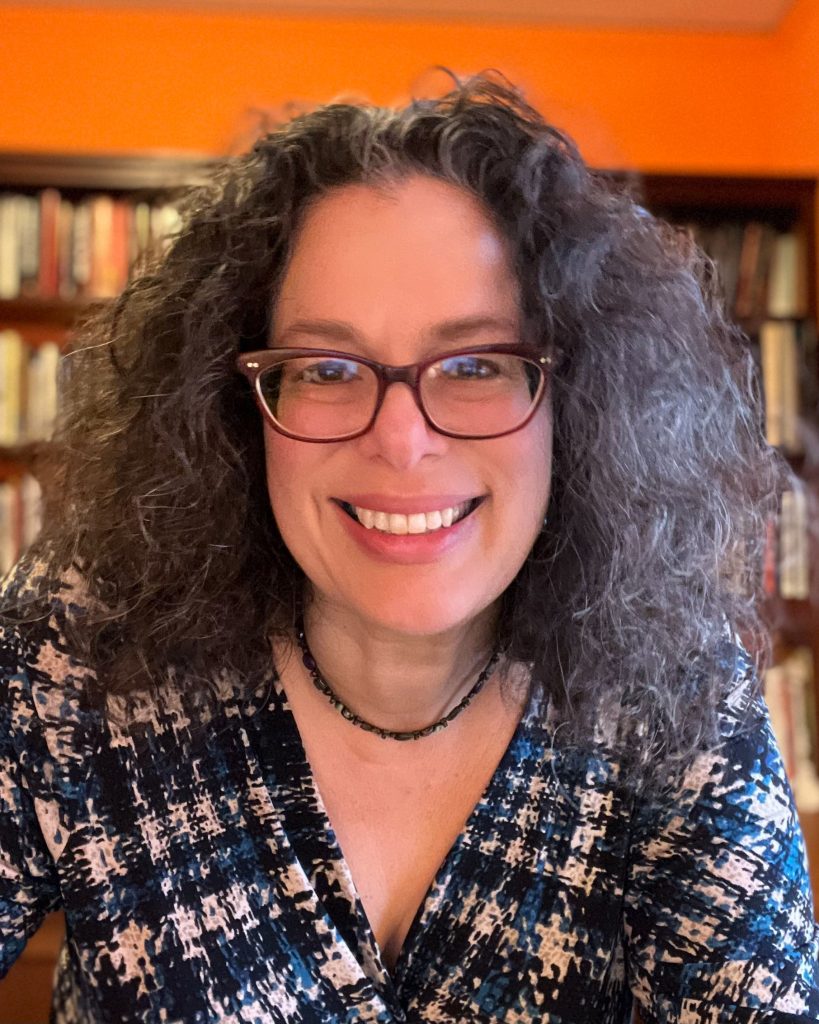
Dr Rachel Baum, University of Winsconsin and Milwaukee, US
Rachel N. Baum is Senior Lecturer and Deputy Director of the Sam & Helen Stahl Center for Jewish Studies at the University of Wisconsin-Milwaukee
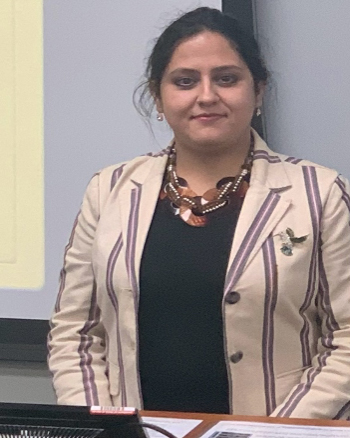
Dr Mehak Burza, Jamia Millia Islamia University, India
Dr. Mehak Burza is one of the Board of Directors as well as the Program Director of Holocaust Studies at The Global Center for Religious Research (Denver, United States).
Besides being a board member of Teach the Shoah, she has been an Assistant Professor of English Literature in the University of Delhi and holds several adjunct positions internationally.
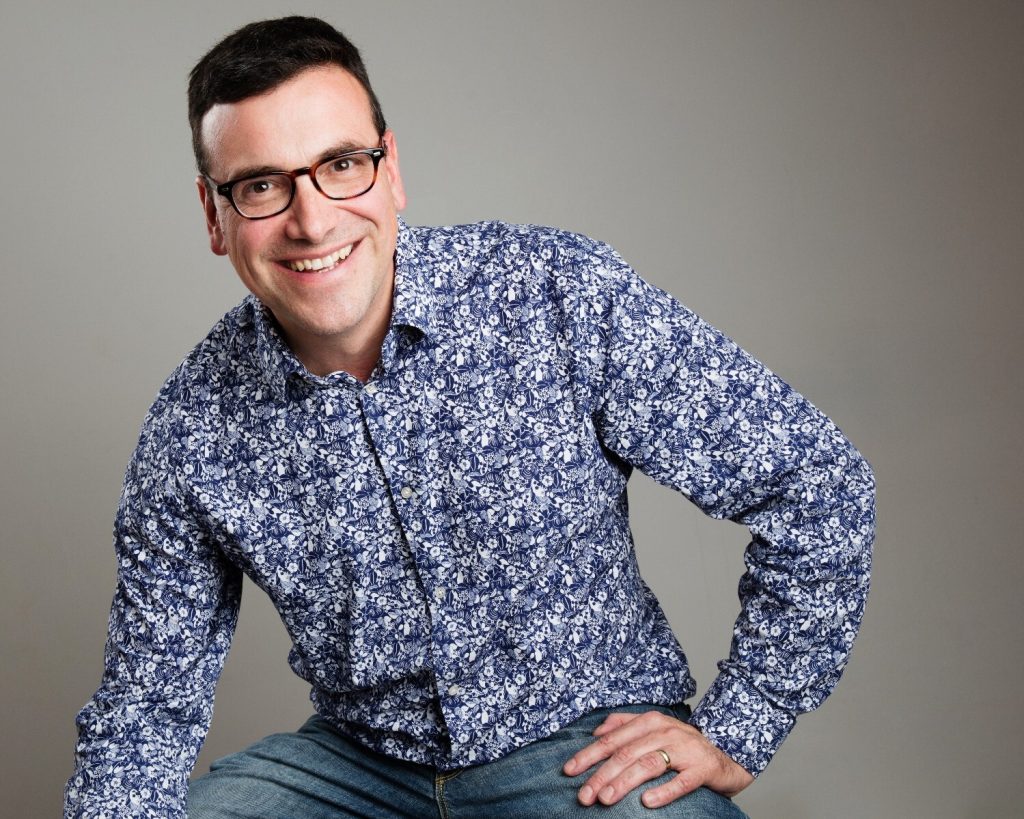
Prof Tim Cole, University of Bristol, UK
Tim Cole is Professor of Social History at the University of Bristol. His research interests range across social, cultural, environmental and landscape history with a particular focus on the Holocaust and its representation. He is currently working – with Alberto Giordano (Texas State) – on digital humanities methods, and – with Tanja Schult (Stockholm) – on the role of monuments in contemporary democracies.
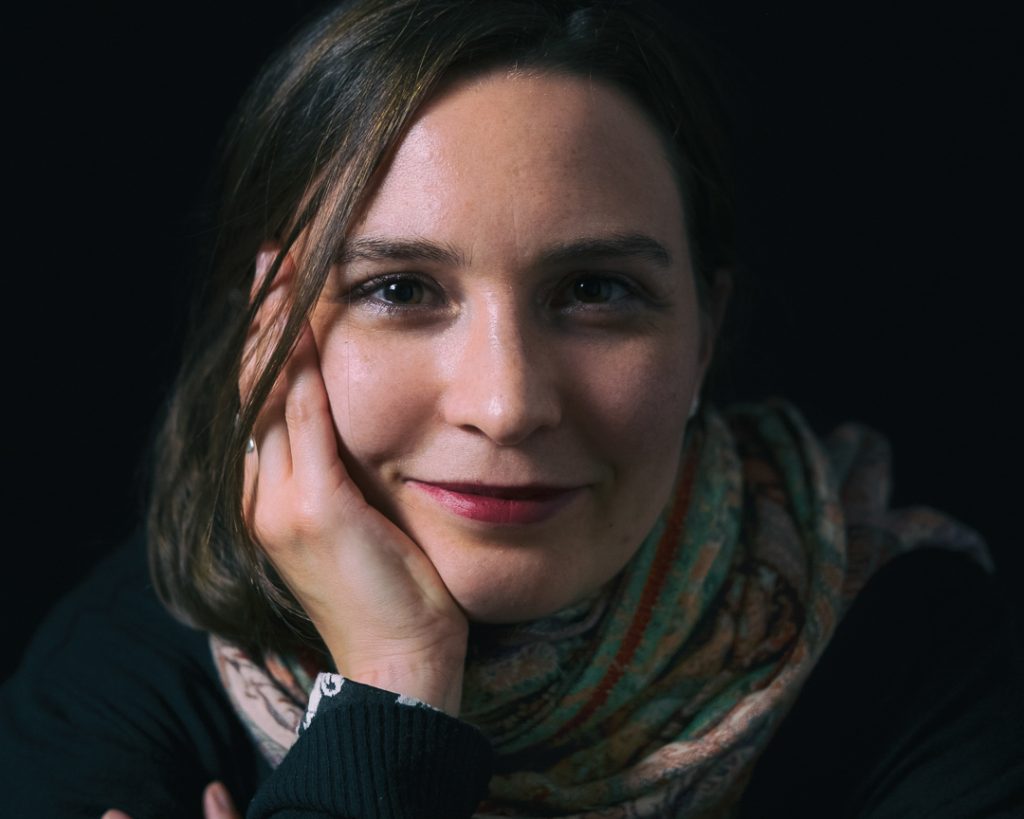
Dr Steffi de Jong, Norwegian University of Science and Technology, Norway
Steffi de Jong is an Associate Professor for Public History at the Norwegian University of Science and Technology. Her research interests include digital memory, museum studies, cultural memory studies and the history of re-enactment. She has published internationally on the figure of the witness, re-enactment, history museums and digital Holocaust memory.
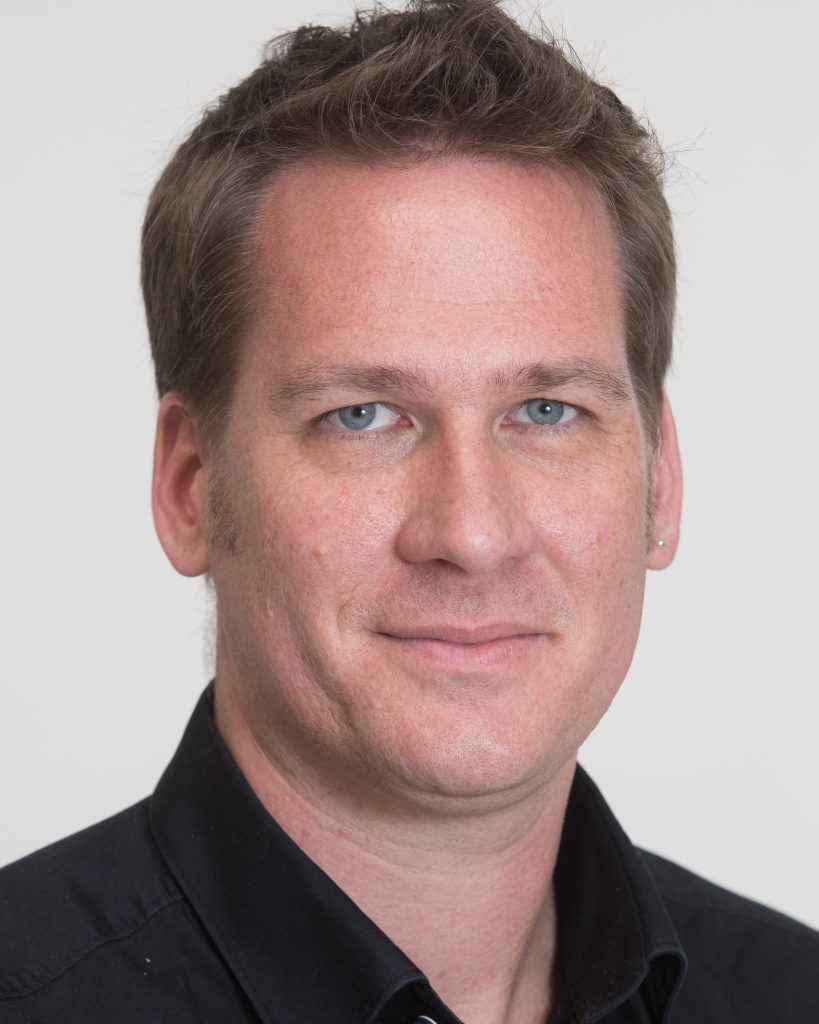
Dr Tobias Ebbrecht-Hartmann, Hebrew University of Jerusalem, Israel
Dr. Tobias Ebbrecht-Hartmann is an Associate Professor for Media and German Studies at the Department of Communication & Journalism and in the European Forum at the Hebrew University of Jerusalem. His research focusses on media, memory and history, in particular visual history and digital memory of collective violence, terrorism and genocide.
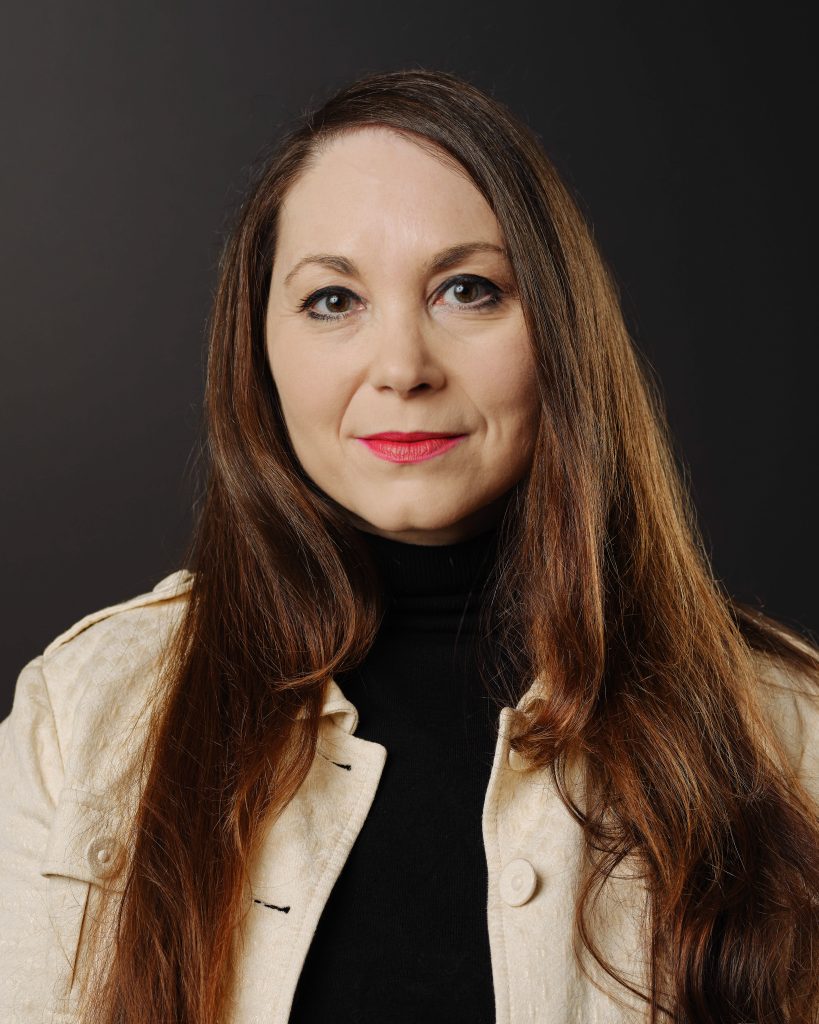
Dr Anna Hirsh, Melbourne Holocaust Museum, Australia
Dr Anna Hirsh is the Manager of Collections & Research, Jenny Chaenkel Chair at the Melbourne Holocaust Museum, Australia, where she manages the historical and testimonies collections. She is the co-President of the Australian Association for Jewish Studies, and is an Honorary Fellow at Deakin University.
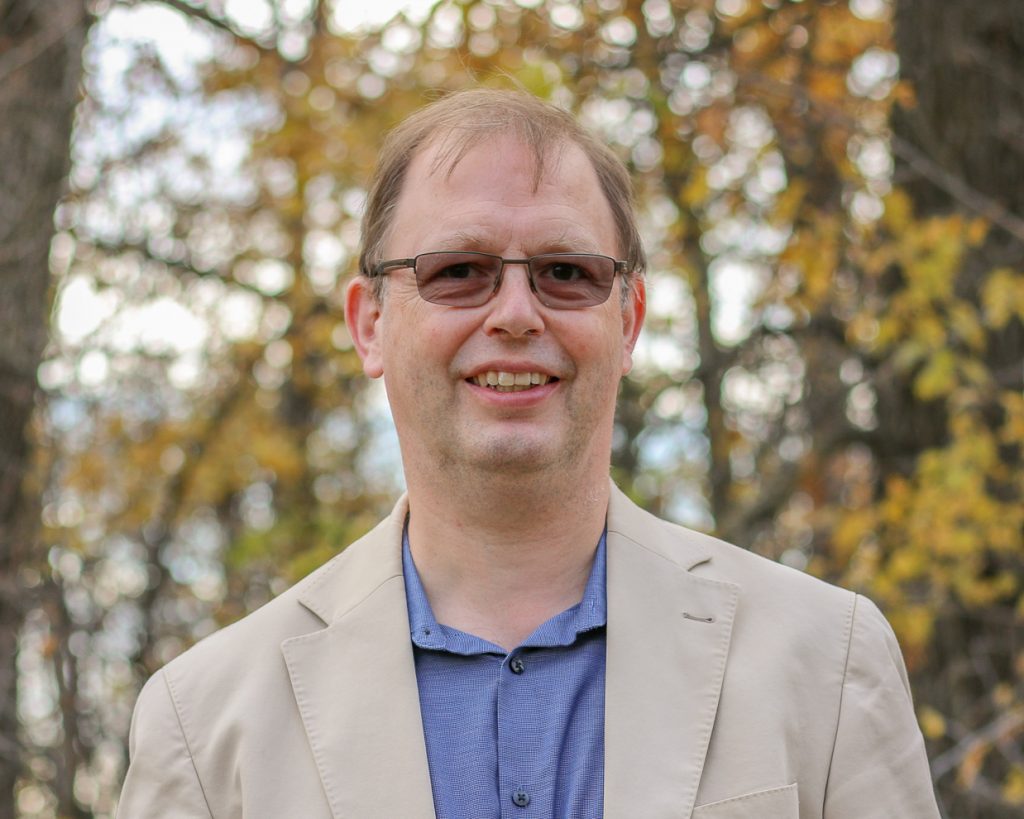
Prof Stephan Jaeger, University of Manitoba, Canada
Stephan Jaeger is Professor of German Studies at the University of Manitoba (Winnipeg, Canada). He has published widely on contemporary representations and memory of WWII / the Holocaust in museums, including The Second World War in the Twenty-First-Century Museum. He is co-editor of the book series “Museums and Narrative”.
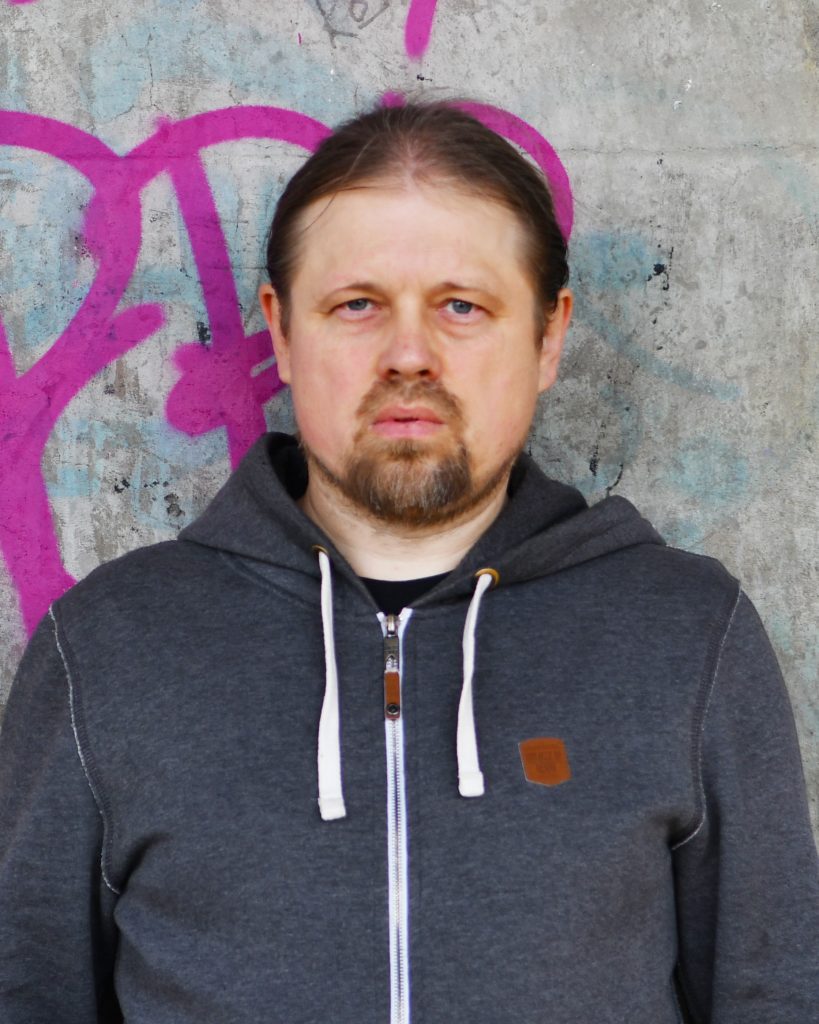
Dr Tomasz Lysak, University of Warsaw, Poland
Tomasz Łysak is an Associate Professor at the University of Warsaw. His work focuses on representations of the Holocaust in relation to trauma studies and psychoanalysis, photography, and visual media. Recently he has been working on Polish popular culture and the Holocaust as well as digital Holocaust memory.
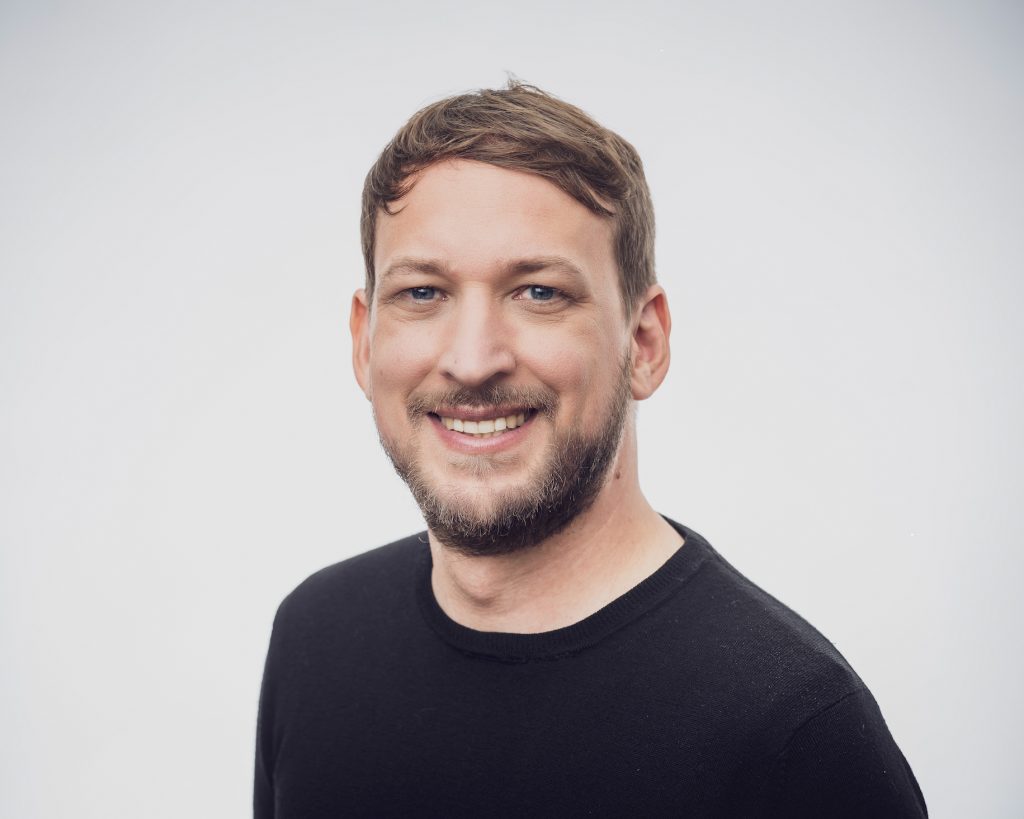
Steffen Jost, Alfred Landecker Foundation, Germany
Steffen Jost is the Head of Program at the Alfred Landecker Foundation. He develops and is responsible for the strategy and projects in the area of Digital History and Memory. He focusses primarily on innovative and digital formats that deal with the history of the Holocaust and National Socialism and is also responsible for other projects in the field of digital civil society at the Alfred Landecker Foundation. Previously, Steffen Jost was head of the education department at the Dachau Concentration Camp Memorial Site, where he was instrumental in driving forward the digital development of the memorial’s educational programmes. He has also long been involved with the history of the persecution of Sinti and Roma under National Socialism and the communication of this topic.
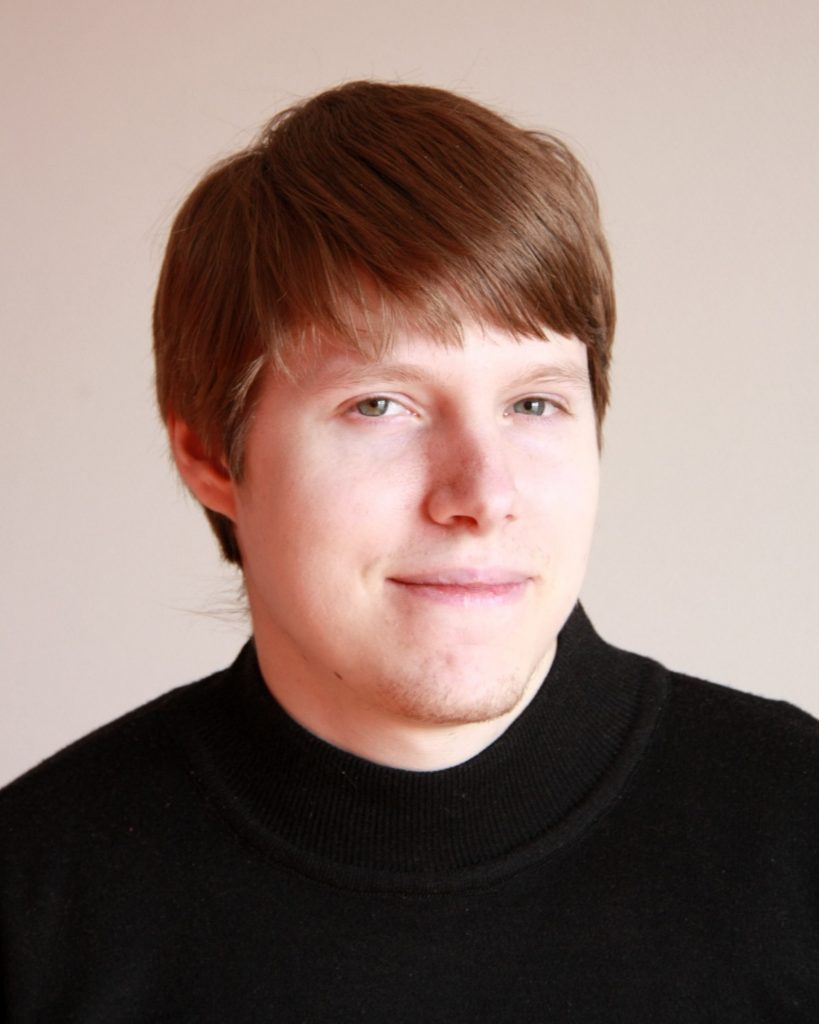
Dr Mykola Makhortykh, University of Bern, Switzerland
Mykola Makhortykh is an Alfred Landecker Lecturer at the Institute of Communication and Media Science, where he studies the impact of algorithmic systems and AI on Holocaust memory transmission. His other research interests include trauma and memory studies, armed conflict reporting, cybersecurity and critical security studies, and bias in AI systems.
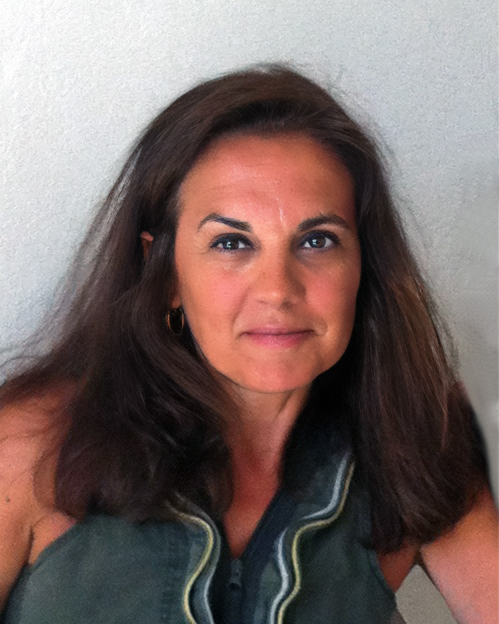
Dr Stefania Manca, Institute of Educational Technology, Italy
Dr Stefania Manca is Research Director at the Institute for Educational Technology of the Italian National Research Council. Her main research interests lie in the intersection of social media ecosystems related to Holocaust remembrance and online users’ learning ecologies to create meaningful educational experiences related to the Holocaust.
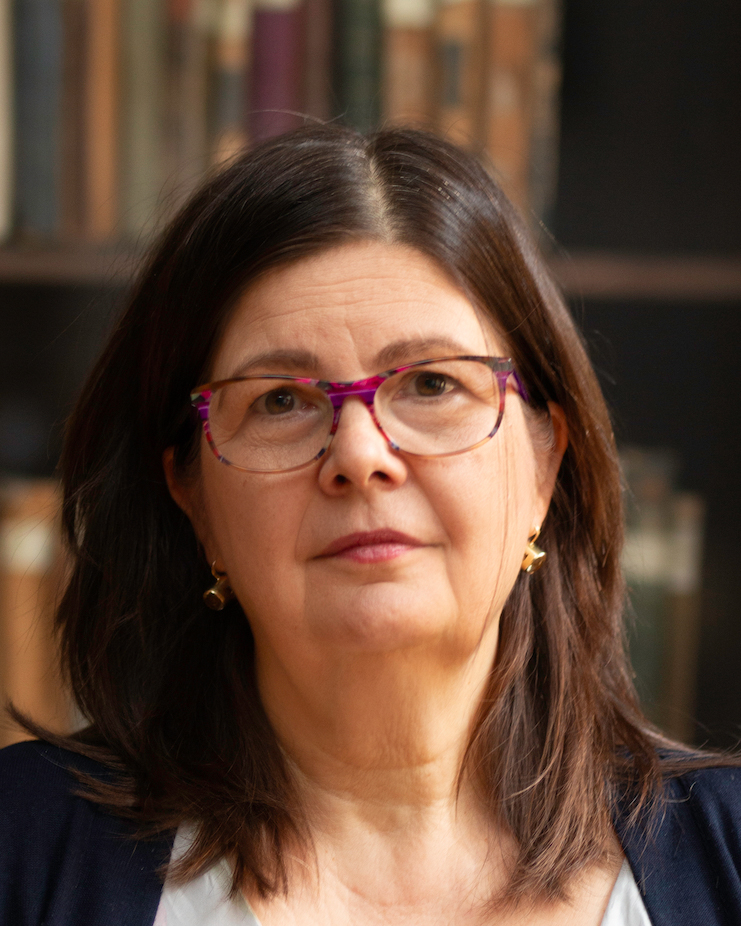
Prof Anna Menyhert, University of Turin, Italy
Anna Menyhért is a Full Professor of Hungarian Studies with a Trauma Studies Research focus at the University of Turin in Italy. Previously she was a Professor of Trauma Studies at the Budapest University of Jewish Studies, an affiliated researcher at the Democracy Institute of the Central European University, a Senior Researcher at the Institute of Advanced Studies in Kőszeg, Hungary, a Visiting Professor at the University of Florence, a Marie Sklodowska-Curie Research Fellow at the University of Amsterdam, and a Research Fellow at the Wiesenthal Institute for Holocaust Studies in Vienna. She led the Gender and Trauma in Literature and Culture Research Group at Eötvös Loránd University in Hungary. She is the author of five monographs, co-chair of the Trauma and Memory Working Group of the Memory Studies Association, co-editor of the book series Transdisciplinary Trauma Studies at De Gruyter, and co-coordinator of the Trauma and Wellbeing EUniWell project at the University of Florence.
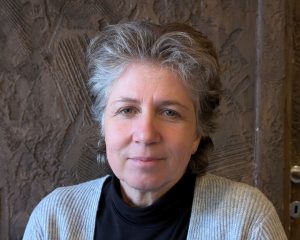
Dr Eva Pfanzelter, University of Innsbruck, Austria
Eva Pfanzelter is an Associate Professor and Deputy Chair of the Department of Contemporary History, Chair of the Digital Humanities Research Center and Chair of the Faculty Council of the Faculty of Philosophy and History – all at the University of Innsbruck, Austria. Her research and teaching focus is on European and regional contemporary history, Holocaust, cultures of remembrance and politics of history, migration history, digital history / digital humanities.
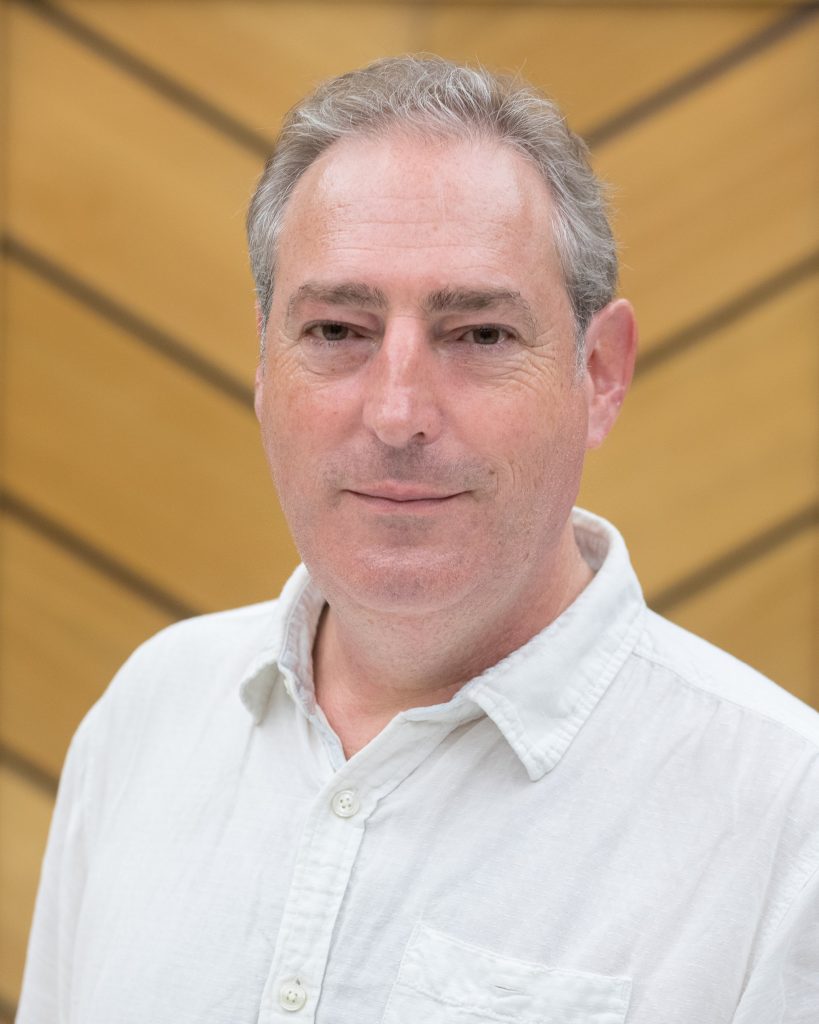
Paul Salmons, Independent Holocaust Education Consultant, UK
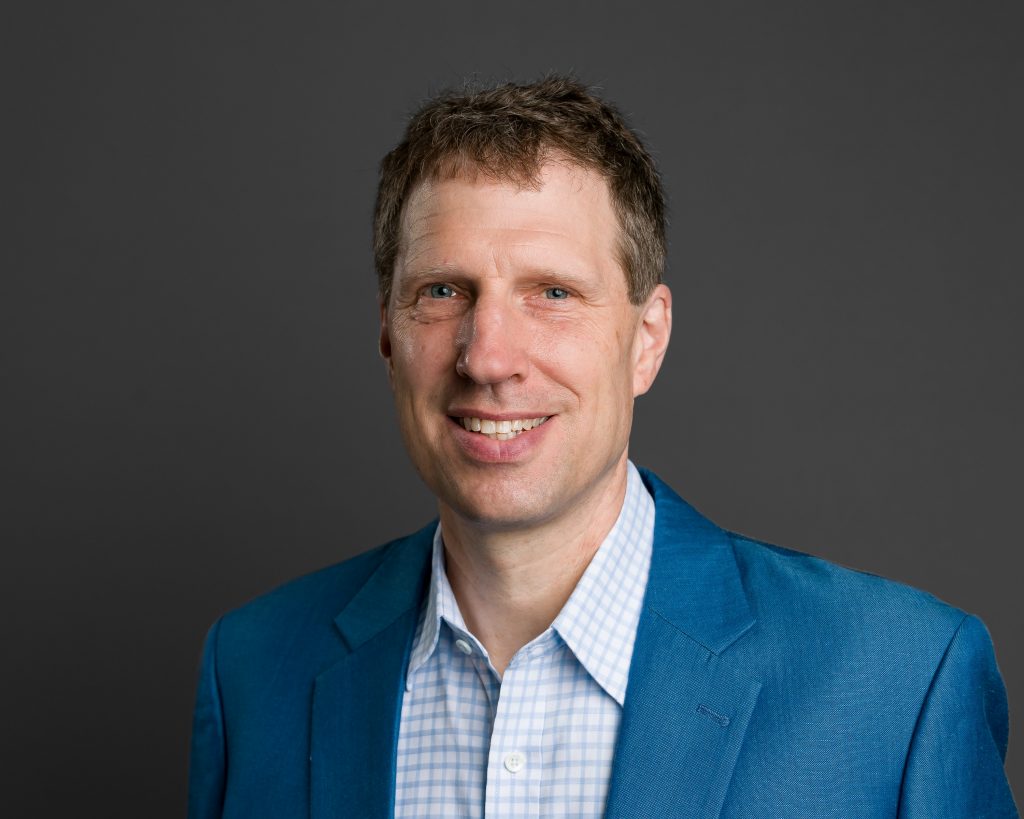
Dr David Simons, Yale University, US
David J. Simon is a Senior Lecturer and the Assistant Dean for Graduate Education at the Jackson School of Global Affairs at Yale University. He also serves as the Director of the Genocide Studies Program at Yale, through which he co-founded the Mass Atrocities in the Digital Era initiative. His research focuses on atrocity prevention and the politics of recovery from mass atrocities, paying particular attention to lessons that can be learned from the experiences in Rwanda with respect to both issues. He co-edited Mass Violence and Memory in the Digital Age: Memorialization Unmoored (Palgrave-MacMillan, 2020, with Eve M. Zucker), and The Handbook of Genocide Studies (Edward Elgar, 2023, with Leora Kahn). A graduate of Princeton University, he holds a Ph.D. in Political Science from the University of California, Los Angeles.
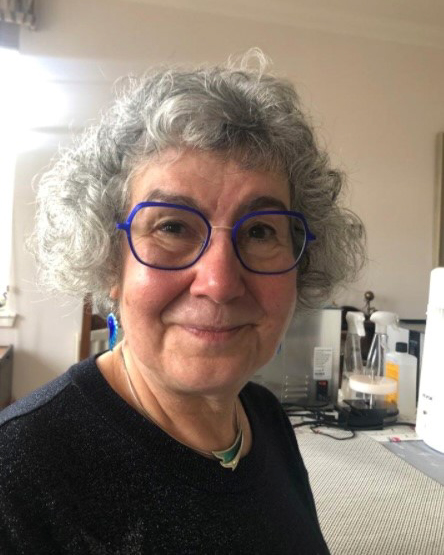
Dr Angela Shapiro, Gathering the Voices Archive, Scotland, UK
Dr Angela Shapiro is an Honorary Fellow at Glasgow Caledonian University and Trustee of Gathering the Voices Association. Angela is a Member of the Reference Services Expert Group (EHRI). Her current research interests include applying innovative pedagogical methods to the Holocaust.
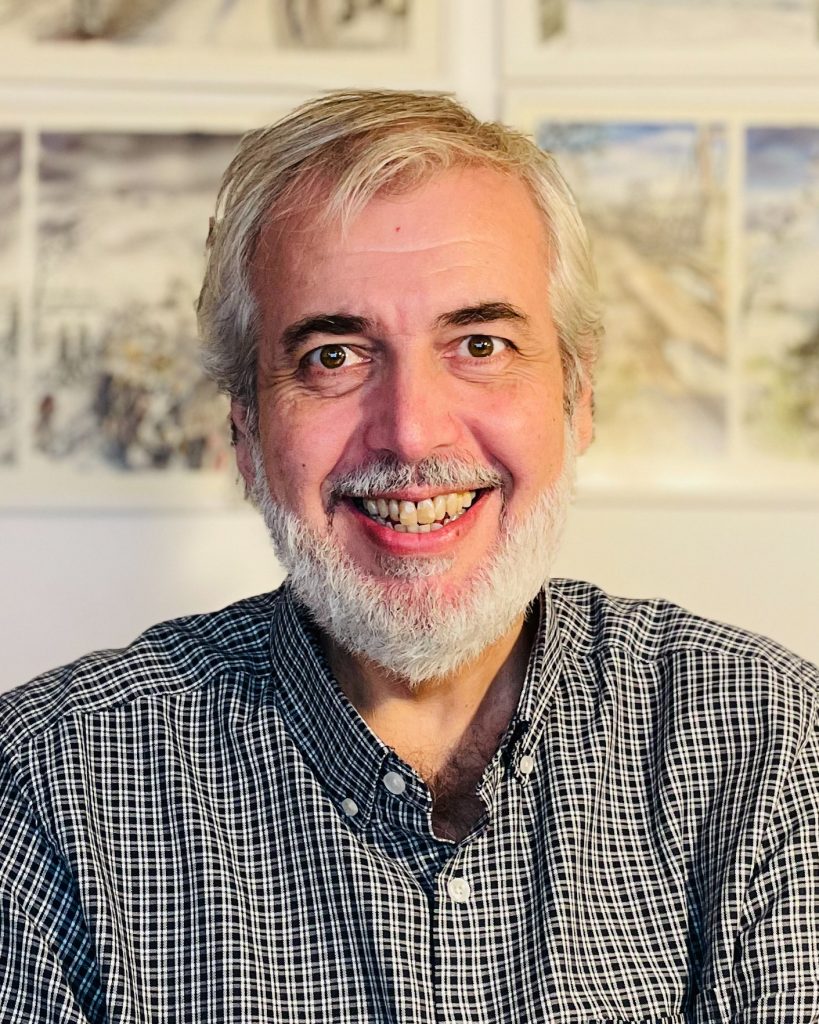
Mr Miško Stanišić, Terraforming, Serbia
Miško Stanišić is co-Founder and Director of Terraforming, an NGO dedicated to improving teaching and learning about the Holocaust and combating antisemitism and antigypsyism. With 20 years of experience in memorialization and education as a pedagogue and digital media specialist, Miško produces educational graphic novels, online teaching resources, and exhibitions.
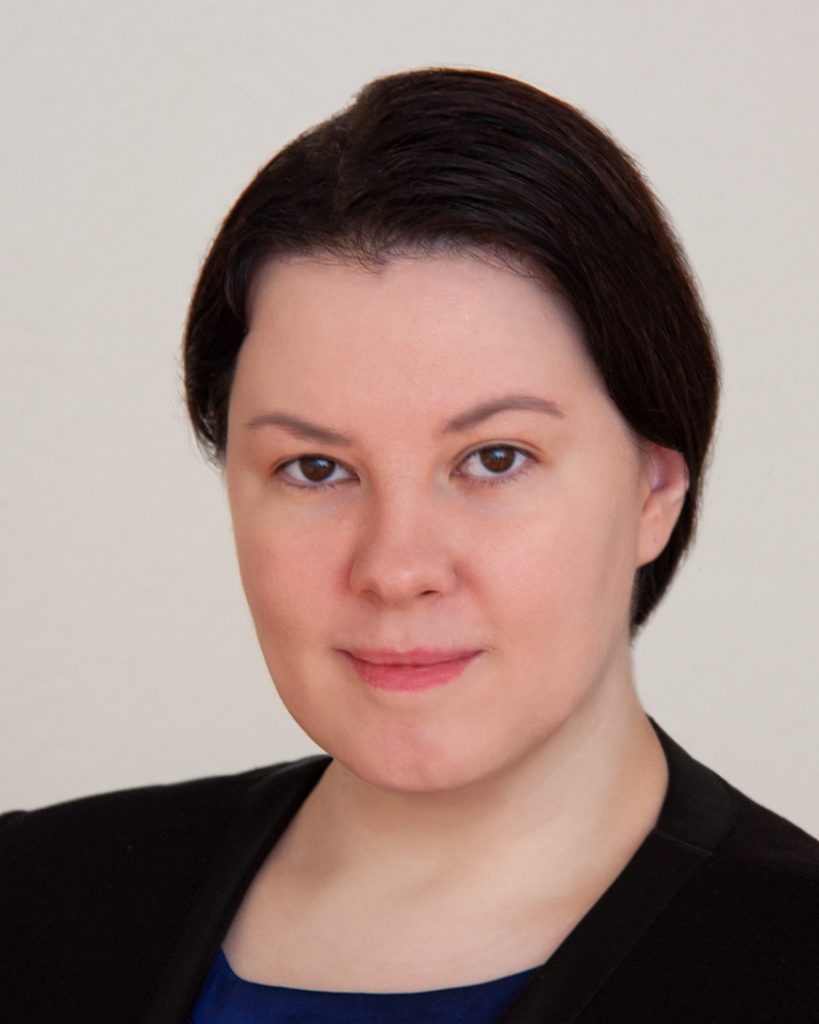
Maryna Sydorova, University of Bern, Switzerland
Maryna Sydorova is a data engineer and a scientific programmer at the Institute of Communication and Media Science at the University of Bern. Before working at the Institute, Maryna worked as a freelance data scientist and cloud architect with a particular emphasis on AI.
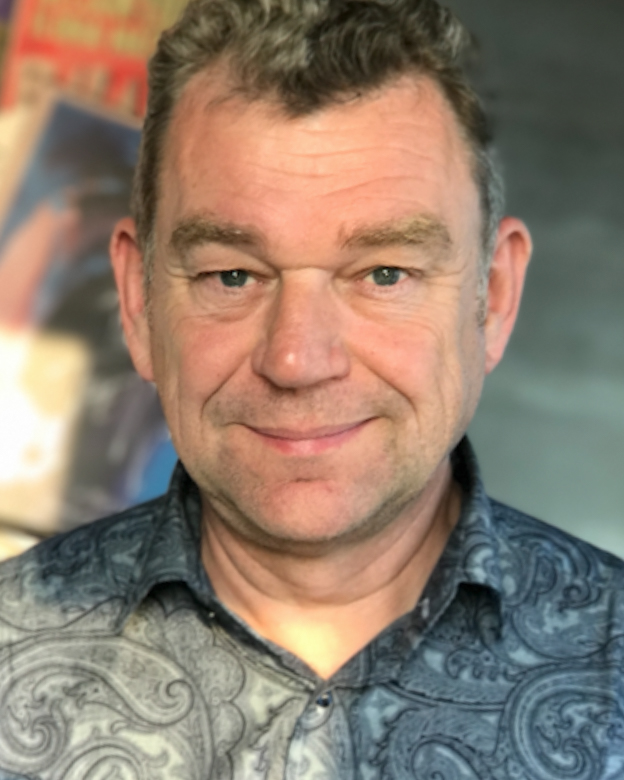
Prof Paul Verschure, Future Memory Foundation, Spain
Paul’s research spans Neuroscience, Cognitive Science, Robotics, and Artificial Intelligence. His scientific aim is to develop a theory of mind and brain, and to apply it to interventions and technologies that support and advance the human condition. Paul is Chairman of the Future Memory Foundation which pioneers new approaches towards commemoration of the Holocaust and Nazi crimes.
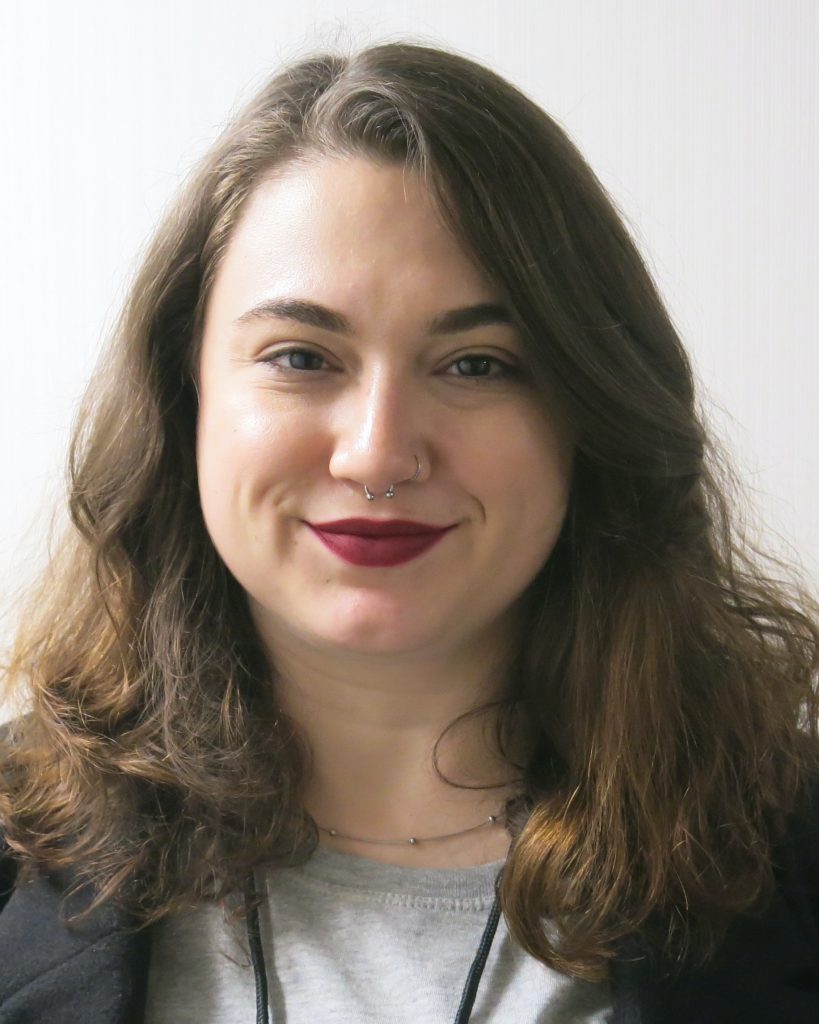
Dr Maria Visconti, NEPAT, Brazil
Maria Visconti is one of the Brazilian Center for Nazism and Holocaust Studies’ (NEPAT) coordinators. She holds a Ph.D. in History (2023) from the Federal University of Minas Gerais (UFMG) and is a member of The Perpetrator Studies Network. She has a Master’s degree in History from UFMG (2017), where she also has a graduate degree in History (2014), with a one-semester academic extension at Friedrich-Alexander University, in Erlangen-Nuremberg, Germany (2013), with a focus on Nazi Germany. She has been researching the Nazi regime since 2012 and studied the Nazi resistance group White Rose for her Master’s degree. Her Ph.D. dissertation focused on the narratives of the Nazis who were judged in the Nuremberg Trials, creating archetypes based on discursive patterns.
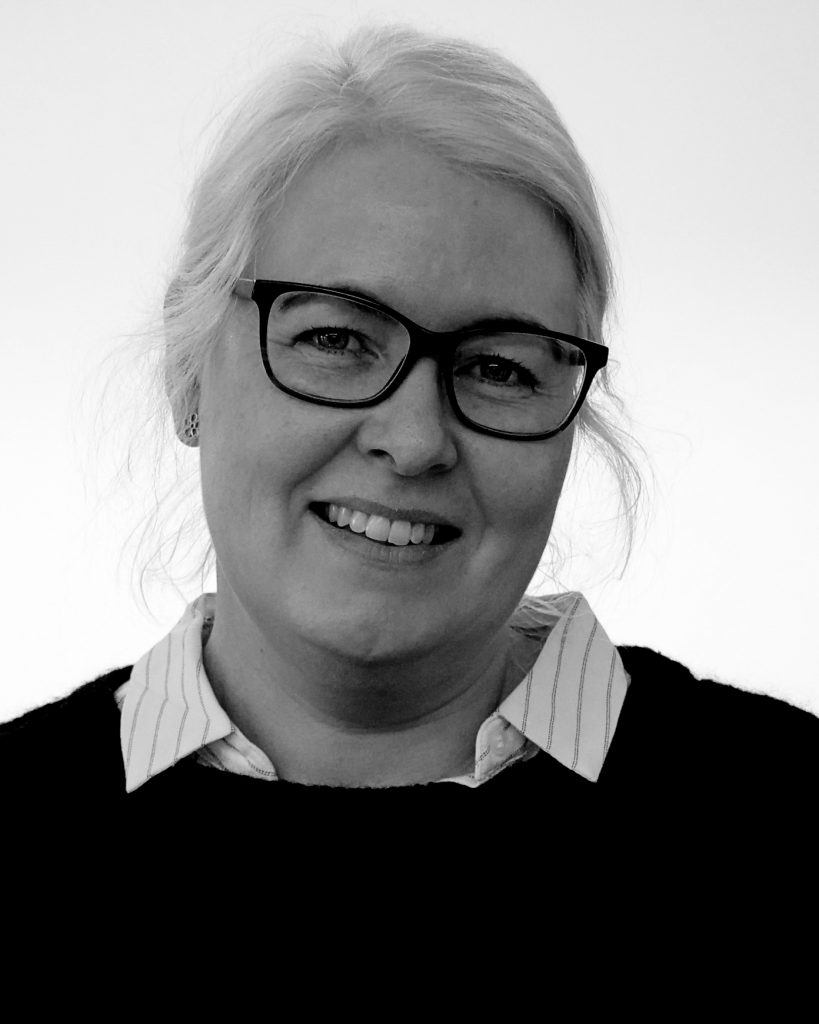
Dr Anette Homlong Storeide, Norwegian Centre for Holocaust and Minority Studies, Norway
Anette Homlong Storeide, PhD, is a Research Associate at the Norwegian Centre for Holocaust and Minority Studies (Oslo) and at the Memorial and Human-Rights Centre Falstad (Ekne). Her research interests include WWII and Holocaust studies as well as cultural and digital memory studies.